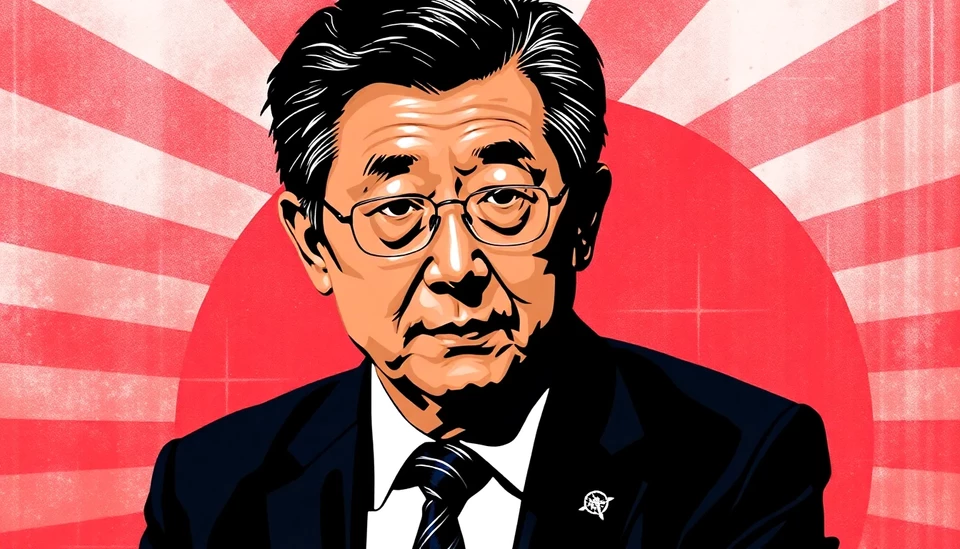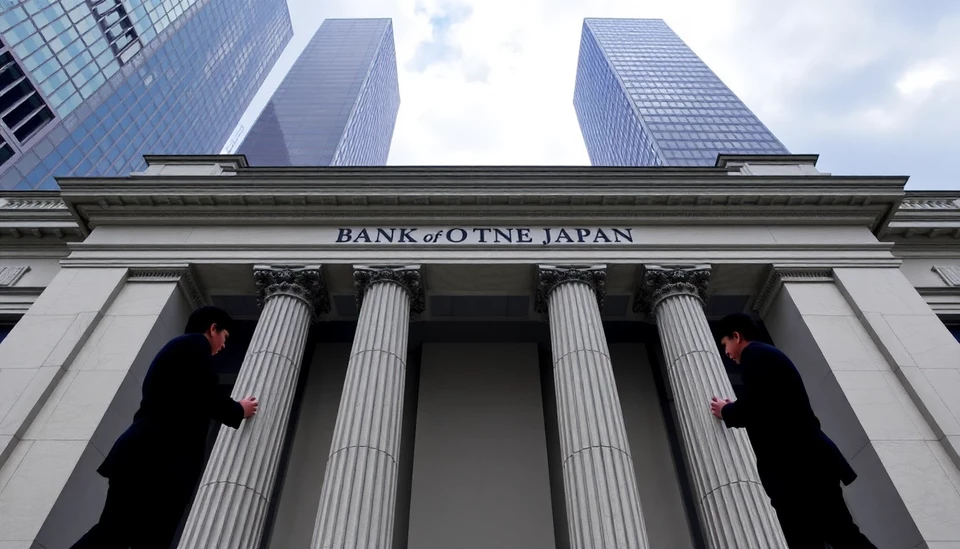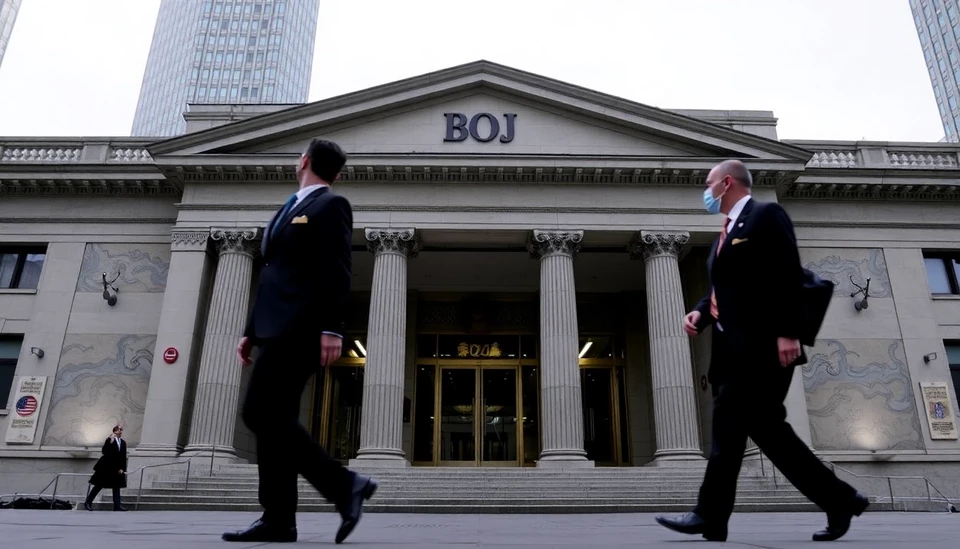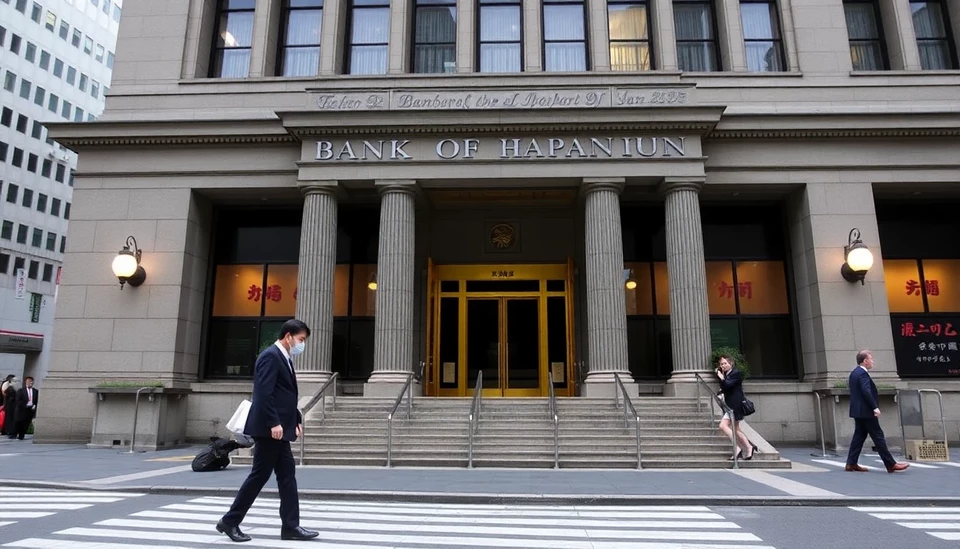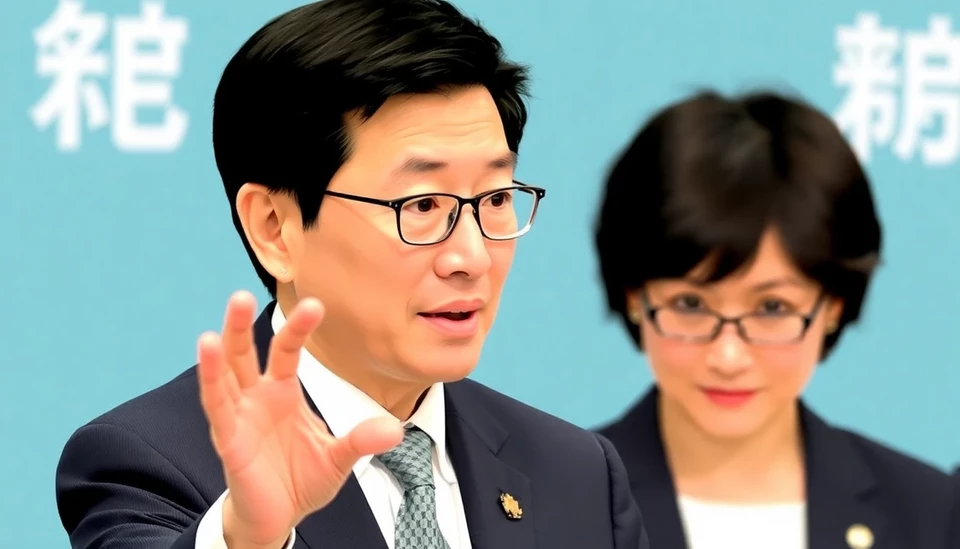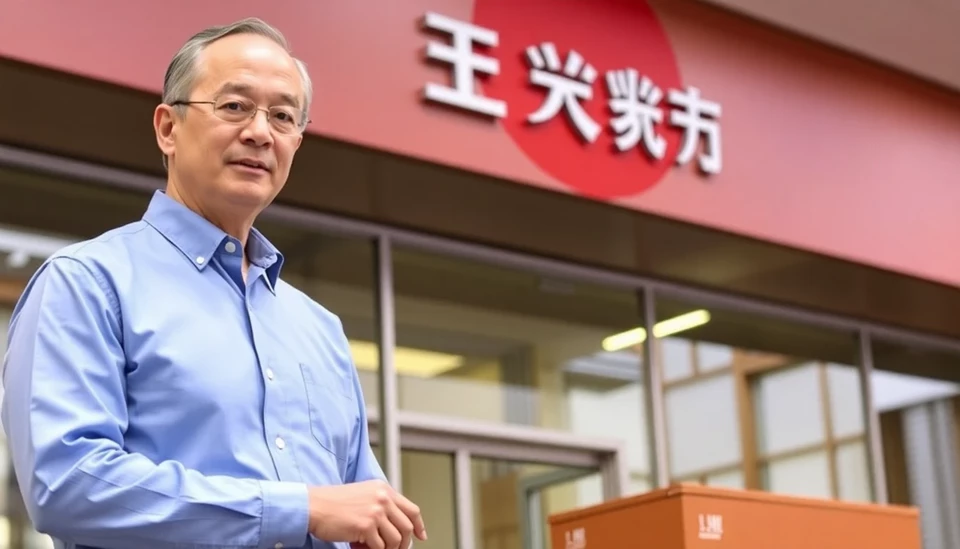
In a significant statement that could reverberate throughout financial markets, Bank of Japan (BoJ) Governor Kazuo Ueda addressed the potential implications of impending U.S. tariffs on global trade during a recent press conference. His remarks underscored the interconnected nature of the world's economies and how protective measures can disrupt not just trade but overall economic stability.
Ueda pointed out that the introduction of tariffs can lead to a ripple effect that would impact not only the countries directly involved but also other nations that rely on free trade. He emphasized that any rise in tariffs could stoke inflationary pressures worldwide, thereby complicating monetary policy for central banks, including the BoJ.
According to Ueda, while the BoJ has been committed to its own strategies for economic recovery and stabilization, the policies deployed by other nations, particularly the United States, have immense consequences. He indicated that global growth could be significantly hindered if U.S. tariffs are implemented, as they can alter supply chains and affect demand for goods and services across various regions.
This warning comes at a time when international trade relations appear increasingly strained. With multiple economies facing the aftermath of pandemic-related disruptions, potential trade barriers could exacerbate existing vulnerabilities. Ueda's call for careful monitoring and proactive measures reflects a recognition that no economy operates in a vacuum, especially in today's globalized environment.
Moreover, Ueda also pointed out that any adverse effects stemming from the tariffs would not only impact the U.S. and targeted nations but could lead to a general slowdown in economic momentum globally. "It is crucial to be wary of how tariffs could hinder economic growth at a time when stability is vital," he said.
To mitigate these potential challenges, Ueda advocated for collaborative approaches that prioritize dialogue and negotiation over protectionist measures. He suggested that countries should engage in open discussions to address trade disparities rather than resorting to tariffs that could further escalate tensions and economic downturn.
As the global community continues to navigate through economic recovery in a post-pandemic world, Ueda's remarks spotlight the importance of maintaining open trade practices and the dangers of isolationist policies. The BoJ, along with other central banks, remains vigilant in assessing how external factors, such as U.S. trade policy, can shape domestic economic prospects.
In conclusion, Ueda's insights serve as a crucial reminder of the intricate links between international trade dynamics and domestic economic health. His emphasis on cooperation and communication among countries is seen as essential to fostering a more resilient global economy.
#BOJ #KazuoUeda #GlobalTrade #USTariffs #EconomicImpact #TradeRelations
Author: Laura Mitchell
